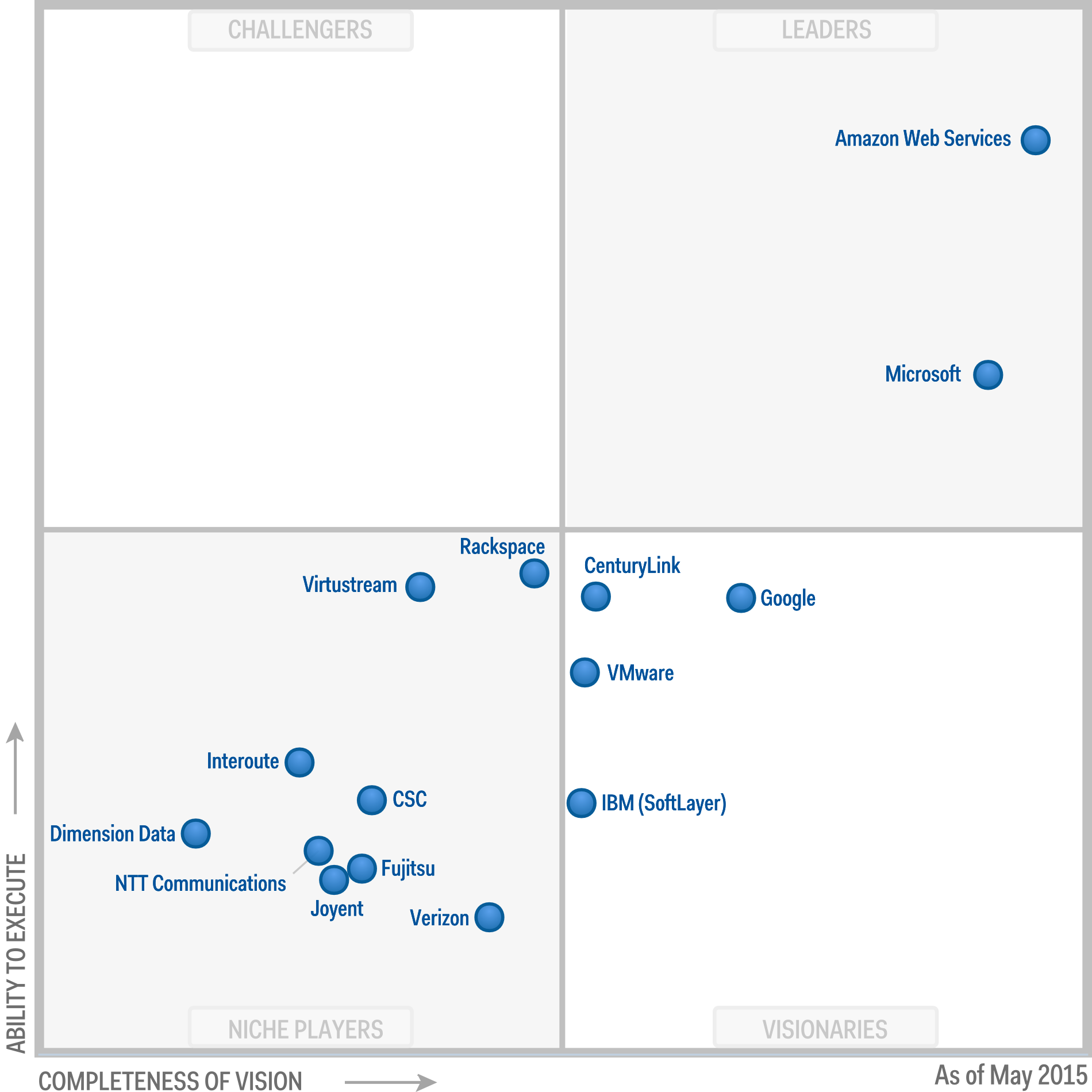Digital marketing leaders and Chief Marketing Officers are under pressure to engage individuals on increasingly fragmented and unpredictable terms driving the need for a common pool of profile data, analytics, workflow and content resources enabled by a digital marketing hub.
Need for digital marketing hub
The need for digital marketing hub is based on 3 fundamental developments

Need for digital marketing hub
The need for digital marketing hub is based on 3 fundamental developments
- Consumer empowerment: social+mobile technologies gives consumers the power to research and interact with the brand
- Channel proliferation: consumers can interact with brands and purchase products and services with access to multiple devices and channels which increases the complexity of meeting the consumer expectations
- Increase in marketing responsibilities: Organizations have turned to marketing to take charge of the task of creating the single view of consumers and enabling the organizations to address them as individuals and customize the experience which is a key to differentiation.
Gartner's definition of "Digital Marketing Hub"
A digital marketing hub provides marketers and applications with standardized
access to audience profile data, content, workflow elements, messaging and
common analytic functions for orchestrating and optimizing multichannel
campaigns, conversations, experiences, and data collection across online and
offline channels, both manually and programmatically.
It typically includes a bundle of native marketing applications and capabilities,
but it is extensible through published services with which certified partners can
integrate.
The magic quadrant is as shown below:

Leaders:
1. Adobe:
Adobe is a leader in this magic quadrant and has a strategic commitment to build a marketing hub which is based on a number of acquisitions and a core service layer.
Adobe's digital marketing hub consists of 6 products which are at various stages of integration:
- Adobe Analytics
- Adobe experience manager (content management)
- Adobe Target (website and mobile app optimization)
- Adobe Social
- Adobe media optimizer
- Adobe campaign
Strengths:
- Vision: it continues to evolve a vision of a digital marketing hub as a suite of complementary solutions which are fueled by a set of shared services
- Focuses on the Marketer: Adobe is marketing first provider with a proven grasp of marketers needs, usability and collaboration, and adding features based on Marketers feedback
- Partnerships: Adobe has been aggressive in having partnerships in both platform and sales alliances with partners such as Publicis, SAP and Accenture. These partnerships provide adobe a platform for growth and most importantly market insights.
Oracle is a leader in this magic quadrant. Its acquisitive strategy, which includes Eloqua, Responsys, Bluekai and Compendium appears to be paying dividends.
Strengths:
- Dept and breadth of solutions: oracle has the broadest and deepest range of native digital marketing hub capabilities
- Versatility: It offers nearly equivalent depth for both B2B and B2C marketers.
Salesforce is a leader in digital marketing hub.
Strengths:
- Functionality & Momentum: Its acquisition of ExactTarget, together with its market leadership in overall CRM, gives its digital marketing offering credibility and momentum.
- Vision: It shows strong vision, operational leadership and thought leadership in the digital marketing space.
- Workflow & Collaboration: Its tools provide an intuitive UX and ongoing product innovation



